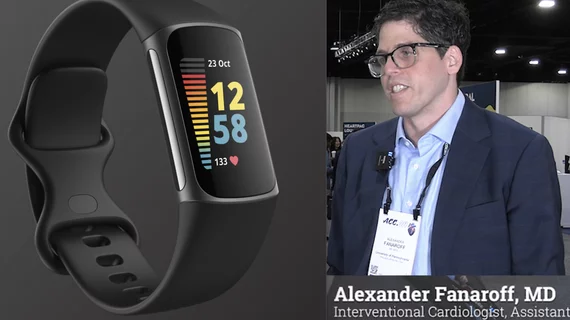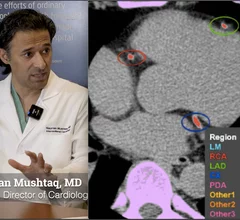Heart Health
This news channel includes content on cardiovascular disease prevention, cardiac risk stratification, diagnosis, screening programs, and management of major risk factors that include diabetes, hypertension, diet, life style, cholesterol, obesity, ethnicity and socio-economic disparities.
![Salt substitutes are associated with a reduced risk of high blood pressure without increasing the risk of low blood pressure, according to new findings published in the Journal of the American College of Cardiology.[1]](/sites/default/files/styles/240x220/public/2018-04/salt-3285024_1920.jpg.webp?itok=DNODEKPz)
Displaying 17 - 24 of 1077











![Following a plant-based diet can significantly lower a person’s risk of developing cardiovascular disease (CVD) or dying from cardiovascular causes, according to new research published in BMJ Nutrition, Prevention and Health.[1] The study’s authors emphasized that a person can still occasionally eat meat, fish or dairy products and still see substantial benefits—the key is to keep such things to a minimum and embrace fruits, vegetables, nuts, legumes, teas and coffees.](/sites/default/files/styles/240x220/public/2019-06/fruit-2305192_960_720.jpg.webp?itok=1q6AHkEq)